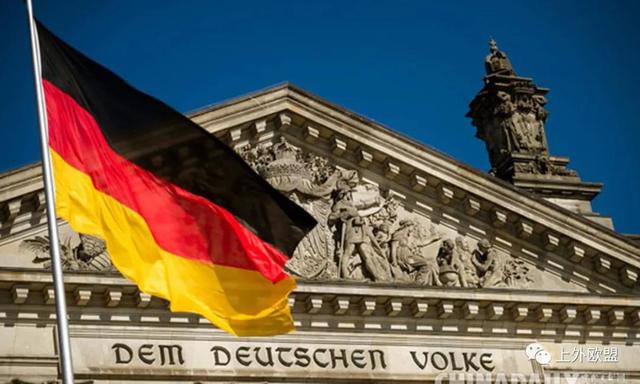
Photo: IC
On Tuesday, the German government set out the course for its future policy on countries in the Indo-Pacific region. The policy guidelines, with the theme Germany-Europe-Asia: Shaping the 21st century together, argue that the shifting geopolitical power structures in the Indo-Pacific have a direct impact on Germany. This new policy is centered on greater security and economic cooperation.
Indo-Pacific is a not a simple political term, nor is it value-neutral, as an SWP research paper published in July pointed out. Invented by the Trump administration, this term implies one of the geopolitical focal points of the intensifying US-China strategic rivalry. Within this context, Germany's latest policy guidelines reveal its recognition of the US strategic orientation toward the Asia-Pacific region, and even herald a US-Germany convergence in the future of their attitudes and overall policy lines in handling issues in this region.
On the other hand, there is some widening divergence between these two countries that may complicate or jeopardize their possible coordination in this region. The Trump administration advocates and promotes unilateralism, nationalism, and state mercantilism, driving a wedge between the transatlantic relations. The US-Europe trade war ignited by Trump is still going forward and the goodwill of the European Union has been largely ignored. What is even worse is Trump's unilateral decision to withdraw from the Iranian Nuclear Agreement and to re-impose sanctions on Iran. The US does not heed the security demands of Europe and Germany on many occasions.
Faced with a unilateralist US and an unpredictable Trump administration, Europe and Germany have to act in a more cautious way. They deliberately avoid taking sides with the US on some issues that may harm Europe's relations with other big powers. German Chancellor Angela Merkel has made it clear several times that Europe must act independently of the US when necessary. It is somewhat visible from the words and deeds of German policymakers and think tankers that they may double-hedge between China and the US.
Honestly, it is not easy to locate actual European influence on strategic security in the Indo-Pacific region. For a very long time, Europe has focused on promoting its soft influence as a normative and civilian power, and has been glad to leave their defense to the care of the US and NATO, with little effort to develop a sizeable military force of its own. A lack of hard power and an over-confidence of the influence of the European soft power has to some degree crippled Europe's capacity to project substantial influence to the faraway coasts of the Indian and Pacific Oceans. Europe as a whole has been largely ignored in the strategic and political games of the Asia-Pacific region, and is not regarded as a stakeholder within this region by the strategists and policymakers in East Asia for a long time. Whether in military tensions in the South China Sea or in the territorial disputes of the East China Sea, East Asian countries such as China, Japan, and South Korea are more concerned with the orientations of the US, but do not take Europe seriously. Europe and Germany do have an ambition to occupy an outstanding position in the regional affairs of the Indo-Pacific maritime areas, but it is likely that their ambition may not be sufficiently supported by actual deeds.
Due to the lack of both hard power and a will to intervene forcefully in the Indo-Pacific region, Germany may only offer symbolic support to the US. It may be safe to point out that, when Germany talks of this region, what is in its mind is business than strategic security. Germany hopes to obtain more economic benefits under the security umbrella of the US. Its involvement in the Indo-Pacific region is more out of consideration for diversity and expanding its investment and trade.
As European businesses and politicians talk of the necessity to diminish Europe's value chain dependency on China, and discussions have been conducted in the European Union and its member states, it is likely that Germany may hope to see some of its investments and businesses moved from China to India, or some Southeast Asian country. Changes are emerging on the horizon, and China-Europe relations may never be the same.
The author is executive deputy director of the Center for European Union Studies, Shanghai International Studies University. opinion@globaltimes.com.cn
原文链接http://enapp.globaltimes.cn/#/article/1199869

